Is being homosexual a drawback to grow in Indian politics?
Injustice anywhere is a threat to justice everywhere.
Martin Luther King Jr.
The idea of human rights rests on the central premise that all humans are equal. It follows that all humans have dignity and all humans should be treated as equals. Anything that undermines that dignity is a violation, for it violates the principal of equality and paves the way for discrimination. The human rights of lesbian, gay, bisexual, transgender and intersex people (LGBTI) are coming into sharper focus around the world, with important advances in many countries in recent years, including the adoption of new legal protections. The preamble to the Indian Constitution mandates justice – social, economic and political equality of status – for all. The right of equality before law and equal protection under the law is guaranteed in articles 14 and 21 of the Constitution. In April 2014, the Supreme Court of India ruled in NALSA vs Union of India that the rights and freedoms of transgender people in India were protected under the Constitution i.e. in September 2018, the Supreme Court also decriminalized adult consensual same – sex relationships in the Section 377 judgement review.
Here the question arises, “Are the homosexuals actually treated as equals by the political parties, leaders and the voters? ”
In India, liberals within the ruling BJP who oppose section 377 remain a small minority. Those who call for the scrapping of the antiquated law are quickly drowned out by the likes of 75 year old Subramanian Swamy, who calls homosexuality ” a genetic disorder ” and publicly likens gays to “handicapped person”. To it’s credit, the opposition Congress party officially stands for decriminalizing homosexuality. Greeting the 2013 Supreme Court decision with dismay, party president Sonia Gandhi described Section 377 as an ” archaic, repressive and unjust law that infringed on the basic human rights enshrined in our constitution”. But even the Congress party has hardly gone beyond lip service. Unfortunately, India’s politicians show little inclination to revisit the issue of homosexuality. But, what the politicians don’t know is that India’s LGBTI citizens are not a “minuscule minority”. They have a voice that is strong and refuse to be silent any longer in their efforts to reclaim equality.
To get a more detailed answer to this question, I read about the minuscule number of LGBTI individuals who made historic decisions to stand up as political leaders and contest for the elections. It does mean that LGBTI people in India are fully free or perceived as equal among their fellow citizens. It underscores how much work remains to be done in India to overturn antiquated and repressive anti-gay laws. These are the names of some of the leaders who belonged to the marginalised LGBTI community and contested for LS polls.
- Jatin Mummy – stood from Mumbai, North East Maharashtra
- Sneha Kale -stood from Mumbai
- Ashwathi Rajappan – stood from Kerala
- M Radha – stood from Tamil Nadu
- Bhawani Maa – stood from Allahabad
Homosexuality and politics
The times are changing and the participation of LGBTI community is increasing as is evident from the following examples.
1. Jatin Mummy
Despite lacking solid financial backing, transgender politician Jatin Maharaj (44), alias Mummy, from jogati devadasi samaj was keen to contest from Mumbai North East to voice the community’s concern. “I am fighting for the uplift of my community. We have been writing petitions to the government, in vain. I will try to raise issues in Parliament so that we get better access to medical care, concessional travel and reservations in legislative bodies, ” Jatin told this after filing nomination. There are 123 transgender voters in Mumbai North East, most of whom campaigned door to door to ensure Jatin’s victory. ” We are part of Maharashtra’s Devadasi Niradhar Mahila Sanghatan. There are intelligent and well-educated people among us who should be promoted and some of them should get a chance to represent the community in the state assembly and in Parliament,” said Jatin.
2. Sneha Kale
Sneha Kale was the first transgender to contest Lok Sabha polls from Mumbai . She declared her candidature from the north-central constituency as an independent candidate who wants to fight for the rights of the transgenders and neglected communities. Sneha Kale (26) works in the traditional business of transgenders, begging! She is a graduate but could not get any other employment. “I have been attached to the community for a long time now. We face all sorts of discrimination, disappointment and no acceptance in society. There are many communities like us who have no recognition in society. There are beggars, destitute, physically challenged, widows, devadasis who never get the benefit of any government schemes. They are left out from the development process. They have no access to education, employment or house to stay. I want to raise their questions in the Parliament, as I am one of them. I decided to contest to raise their voice at the national level and draw public attention towards the issue,” said Sneha who stays in a lower-middle-class locality of Ghatkopar.
3. Ashwathi Rajappan
The 25-year-old Ashwathi Rajappan was the first openly inter-sex candidate contesting in the Lok Sabha elections; who filed the nomination from Ernakulam constituency where a high profile contest between major parties, the Indian National Congress and Communist Party of India (Marxist), is underway. This was a historic moment for queer-Dalit visibility and representation
in India. “When one files the nomination, one is supposed to have 10 signatories in the application. In my case, the list of signatories a differently abled person, a senior citizen, homosexual and bisexual individuals, trans individuals and Dalits. It wasn’t planned that way, but it is a cross-section of the community that supports and encourages me. This demonstrates the politics I represent – it is one that seeks to bring to the forefront the issues of those who are the least visible. To bring to the table the issues concerning the long-marginalised communities who get overlooked during elections. My politics, as I mentioned before, is a queer-Ambedkarite politics, which includes a focus on both social and economic issues and understands how these overlap. Clearly, the ‘growth’ and ‘development’ has not reached them. Who is this growth for, then? Says Ashwathi.
4. M. Radha
M. Radha was the lone transgender who contested Lok Sabha elections in Tamil Nadu from Chennai South constituency and lost the elections, Radha(53) is happy as she managed to garner 1042 votes . She claimed that 14 independent candidates along with candidates of leading parties were contesting from Chennai South constituency still she has managed to collect so many votes, which is an achievement in itself. She works as a cook by profession and strongly believes that transgenders can become better politicians. They should come out in more numbers to fight elections. She said, “I believe transgenders understand the problems of the downtrodden and women much better as we have faced it all. We will serve everyone equally and make society a better place for transgenders too,”. She further added that transgenders are making a mark in all fields, but are lacking in politics. So, she will strive to urge more people from her community to contest polls.
5. Bhawani Maa
Bhawani Maa is Kinnar Akhada Mahamandaleshwar and its North India in-charge. She was given a ticket by AAP to contest elections from Prayagraj. Bhawani Maa said, “The central government introduced a transgender bill and in it, Kinnars were made beggars. We resisted the bill and its provisions but no one listened to our demands. Hence, I decided to contest elections to raise a voice with the party (AAP) that supported us,” adding: “I want to thank the top leadership of AAP that has shown faith in me by declaring me as a party candidate to contest from the Allahabad Lok Sabha seat,”
Here a question arises, “Why is it important to have LGBTI-friendly politicians in parliament?”
2013 was a landmark year when 377 was introduced back in books. Everyone thought all it takes is a review petition to fix it. But it took us almost five years after that. If we didn’t have a progressive supreme court, 377 would still be there. But we cannot be dependent on courts; changes have to come through grassroots. Otherwise, it becomes an elitist project since a change of law only affects those in the top 10%. A public representative who is a queer ally is most directly in touch with people at a local level. Therefore, LGBTIA+ community representatives or friendly politicians are important in Parliament.
Conclusion
Much has been learnt in the past decade to advance understanding of LGBTIA+ in politics. Societal and political changes have led to legal and structural changes, most of which will ultimately improve the lives and political participation of LGBTIA+ youth. But structural change takes time, and in the interim, individual LGBTIA+ people need support and care in order to thrive.
The reform of Section 377 is a big step for sexuality rights. Thanks to years of advocacy and activism by sexuality and LGBTIA+ organisations, prior to any filing against 377, widespread media coverage of the case, gay pride marches and other events in recent years, people are discussing sexuality rights more openly. With the flow of discussion comes the opportunity for sharing ideas, and possibly changing public opinion. Above text suggests that supporters of gay rights have outmobilized their opponents, leading to policy changes in advanced industrialized democracies. At the same time, we observe the diffusion of state-sponsored homophobia in many parts of our country.The emergence of gay rights as a salient political issue in Indianl politics leads us to ask, “Who is empowered to be politically active in various societies?”
What current text misses is a comparison of levels of participation (voting and protesting) between states that make stronger and weaker appeals to homophobia. Voters face contrasting appeals from politicians in favor of and against gay rights. We find that individuals who are tolerant of homosexuality are more likely to participate in states with gay-friendly policies in comparison with intolerant individuals. The reverse also holds: individuals with low education levels that are intolerant of homosexuality are more likely to participate in states espousing political homophobia.
Thus, all the examples taken under homosexuality and politics are shreds of evidence of the fact that LGBTIA+ community is gradually garnering the confidence to contest the elections and be political leaders. But, their defeat in the polls also compels us to rethink if they are actually garnering support from the voters or if the major and popular political parties are giving them tickets to contest. Most of the leaders named above who fought elections stood as independent candidates and were not backed by popular parties. This shows the ugly side of Indian politics where the major political parties do only lip service and don’t actually support political leaders from LGBTIA+ communities. Hence, it can be concluded that being a homosexual is indeed a drawback in Indian politics.
References
- “The long road to LGBT equality in India” By Zainab Patel available at https://www.in.undp.org/content/india/en/home/blog/lgbtequalityindia.html
- “Gay and lesbian movement in India” By Sherri Joseph available at https://www.jstor.org/stable/4404520?seq= 1
- “The shameful cowardice of India’s politicians on gay rights” By Barkha Dutt available at:
- “India’s elections could seal the fate of it’s LGBT community-for better or for worse” By Sharif D Rangnekar available at:
https://qz.com/india/1596418/what-lgbtq-queer-community-thinks-of-indian-elections-20 19/amp/
- “This is the start of a new era for India’s LGBT communities” By Mayur Suresh available at:
https://amp.theguardian.com/commentisfree/2018/sep/06/india-lgbt-homophobia-section377
Image Credit: Wikicommons


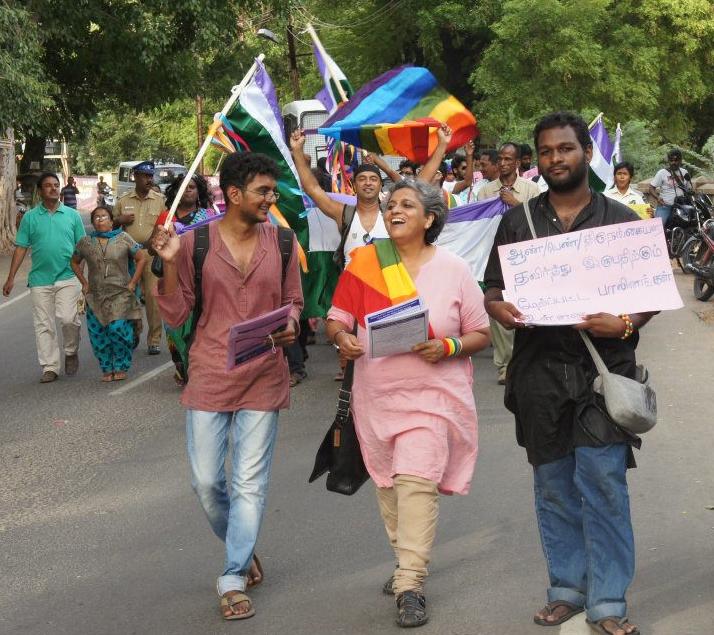
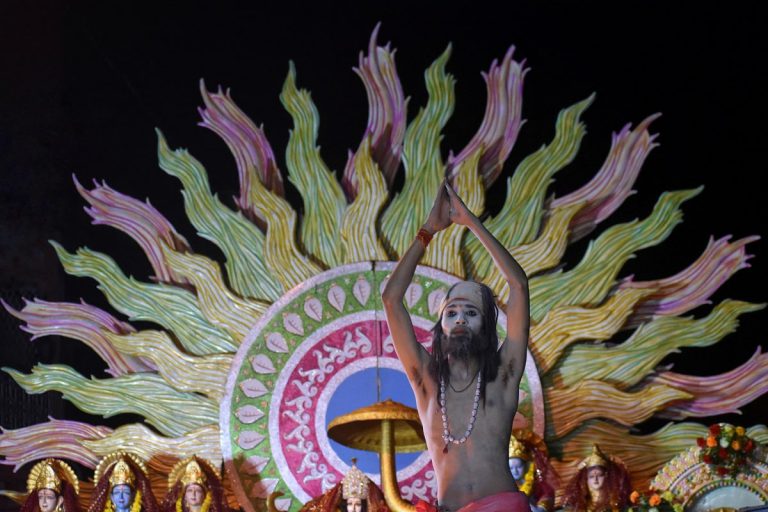
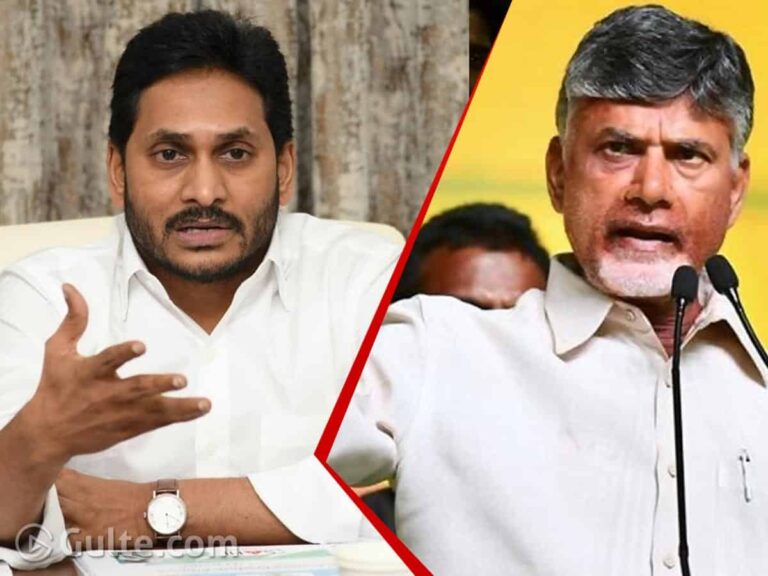
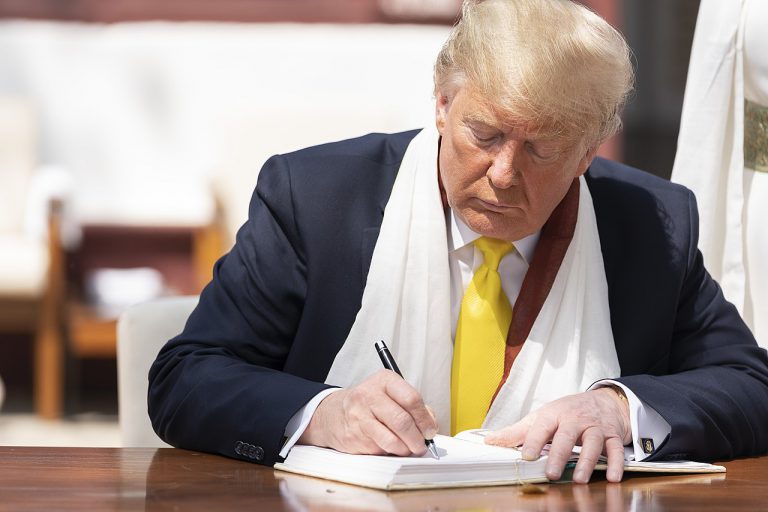
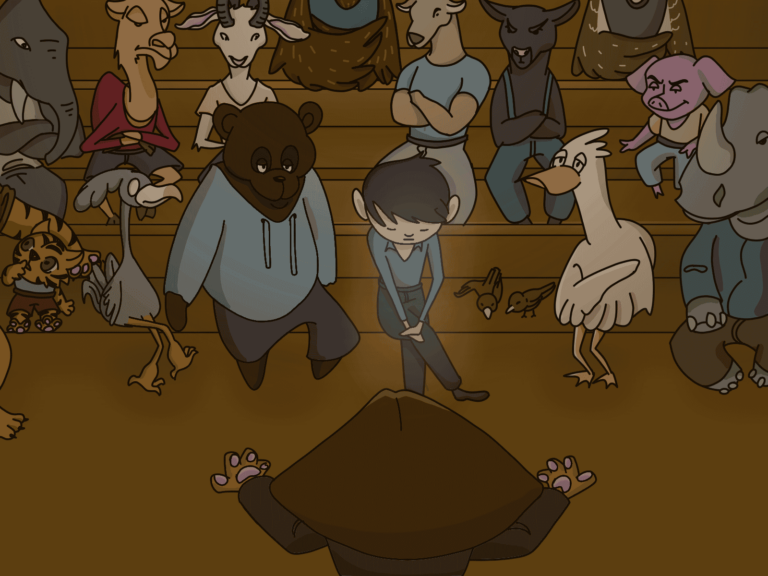
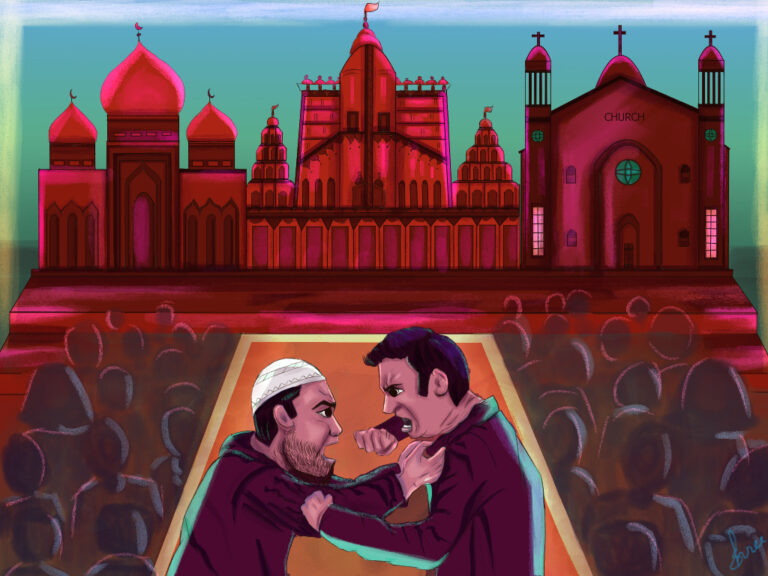
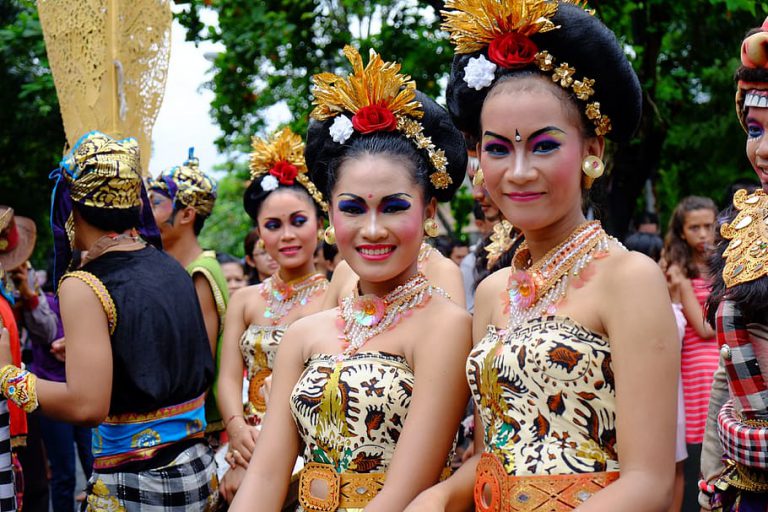
this article truly provides an insight to the ongoing uprisings, politics, debates and discussions on the LGBTAI+ society. Their rights, our duties and responsibilities and their inclusion is crystal clear to the readers… indeed enlightening to read and serves no less than an eye opener. Thanks!